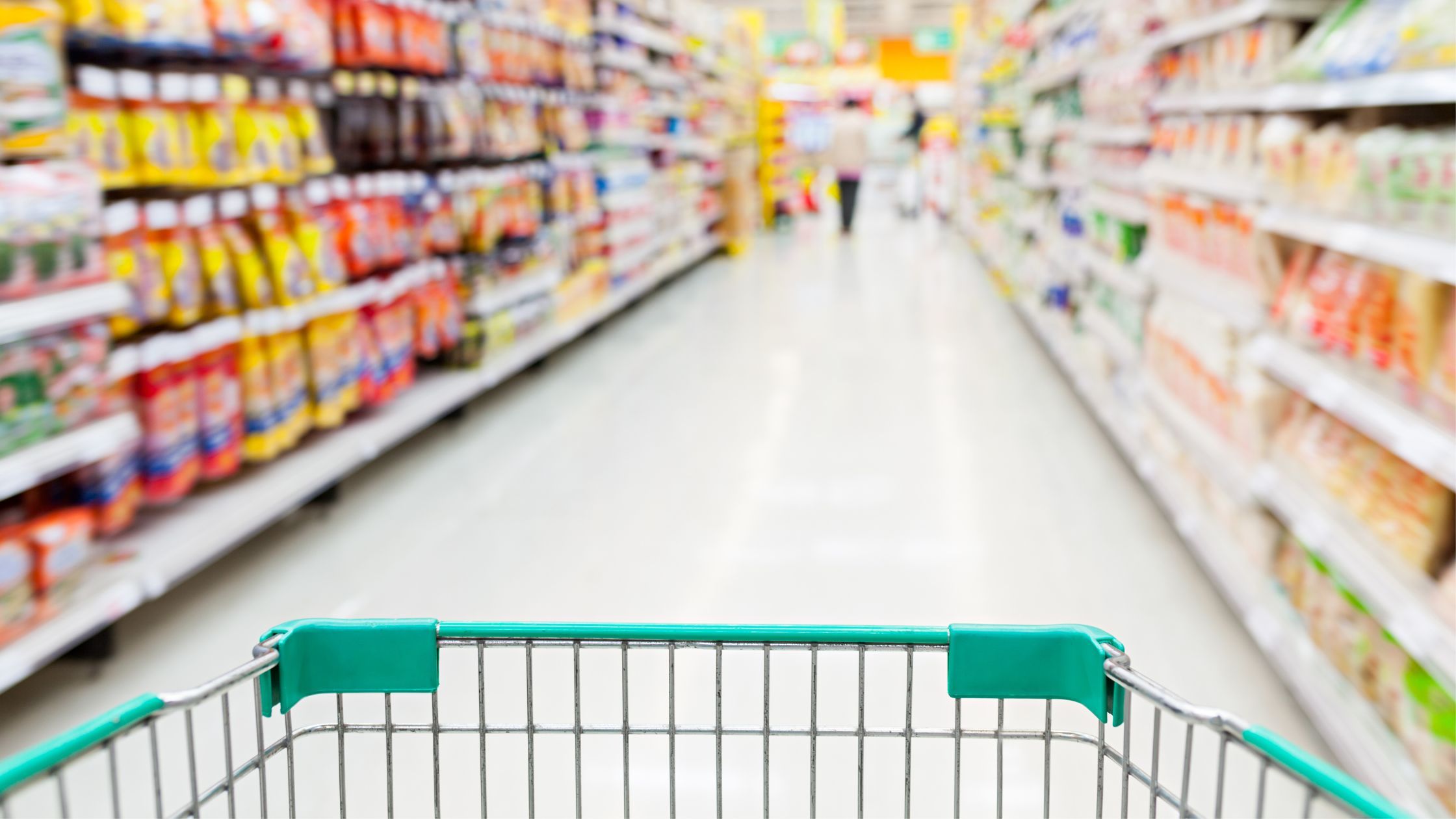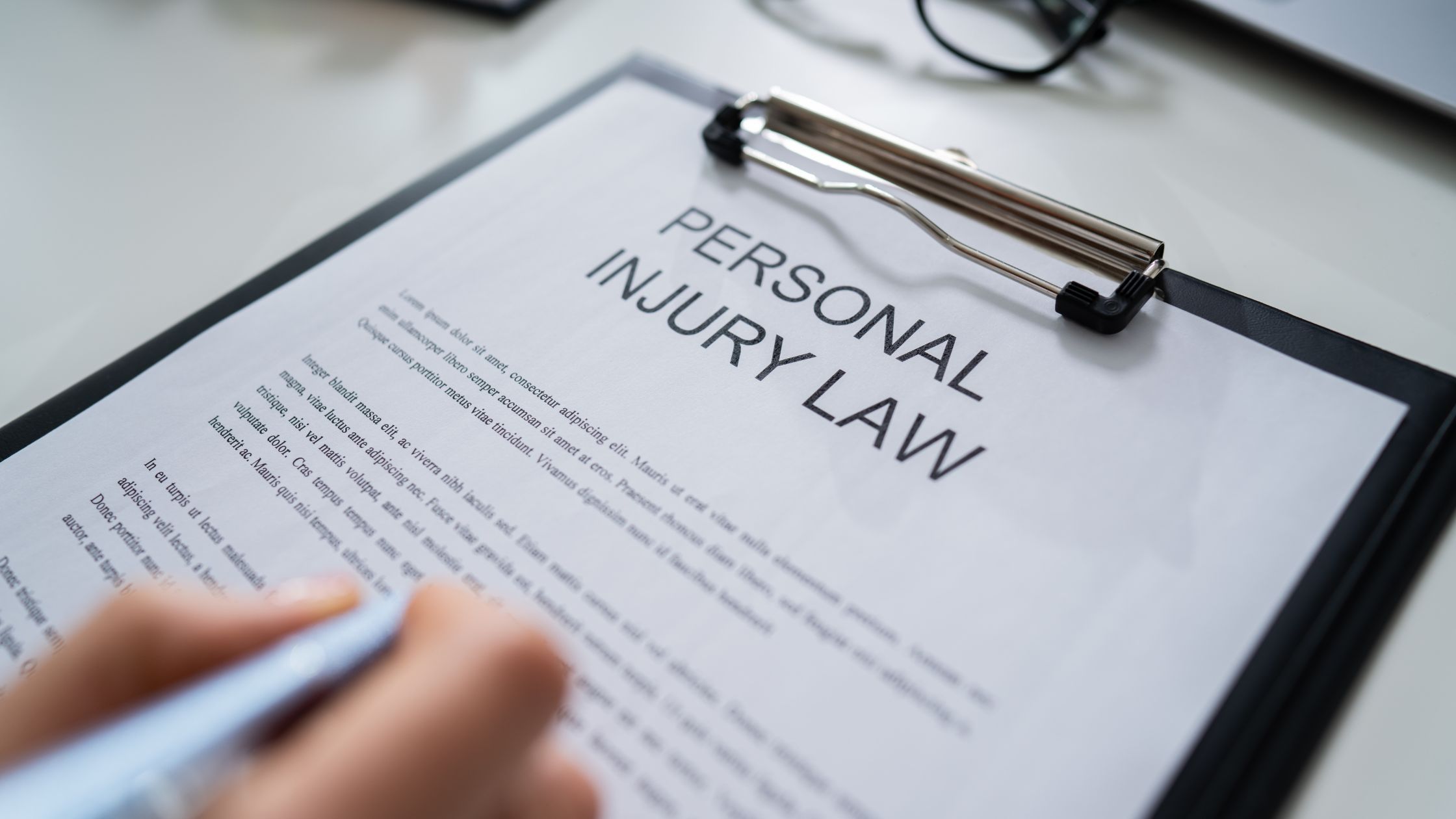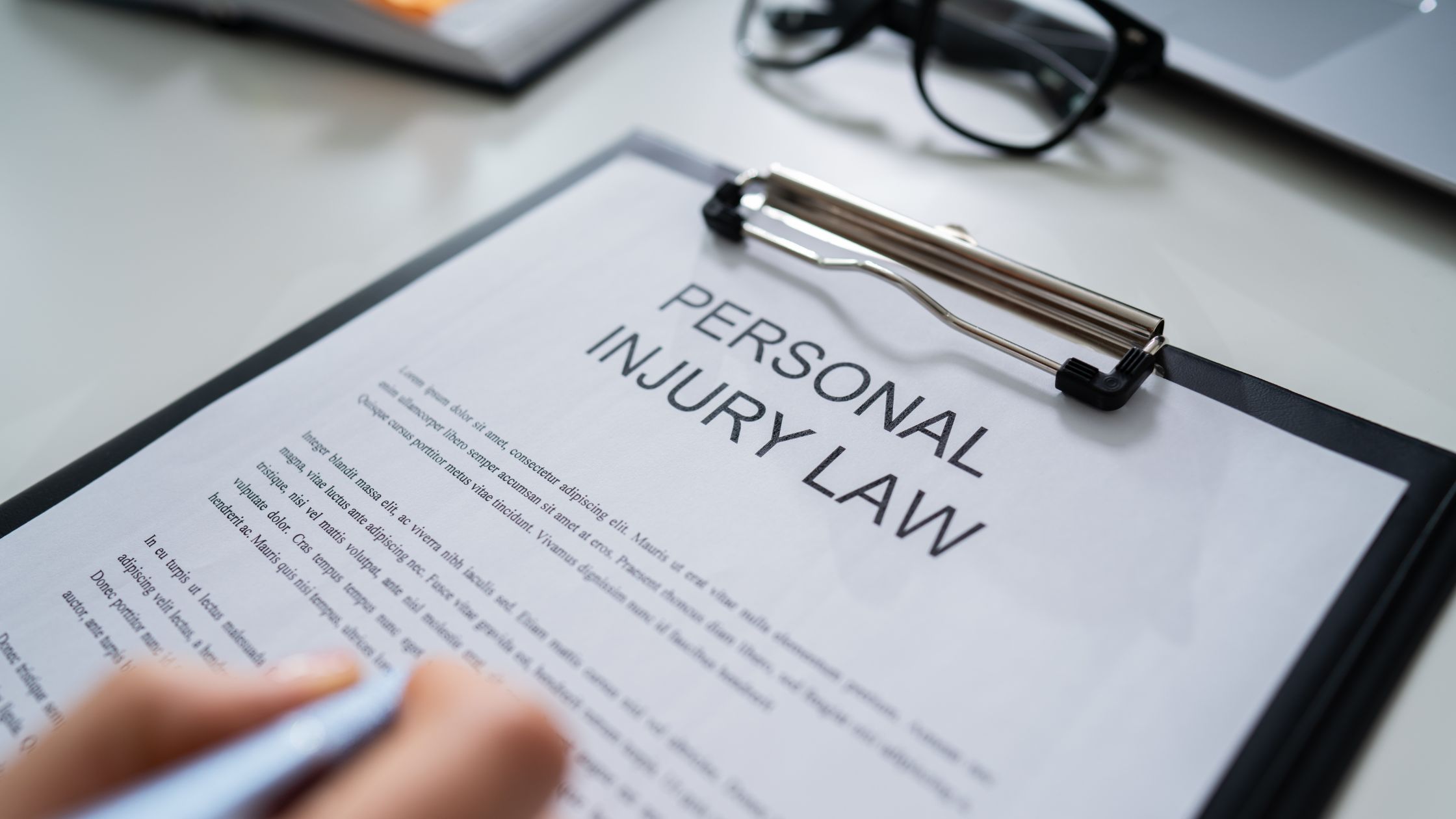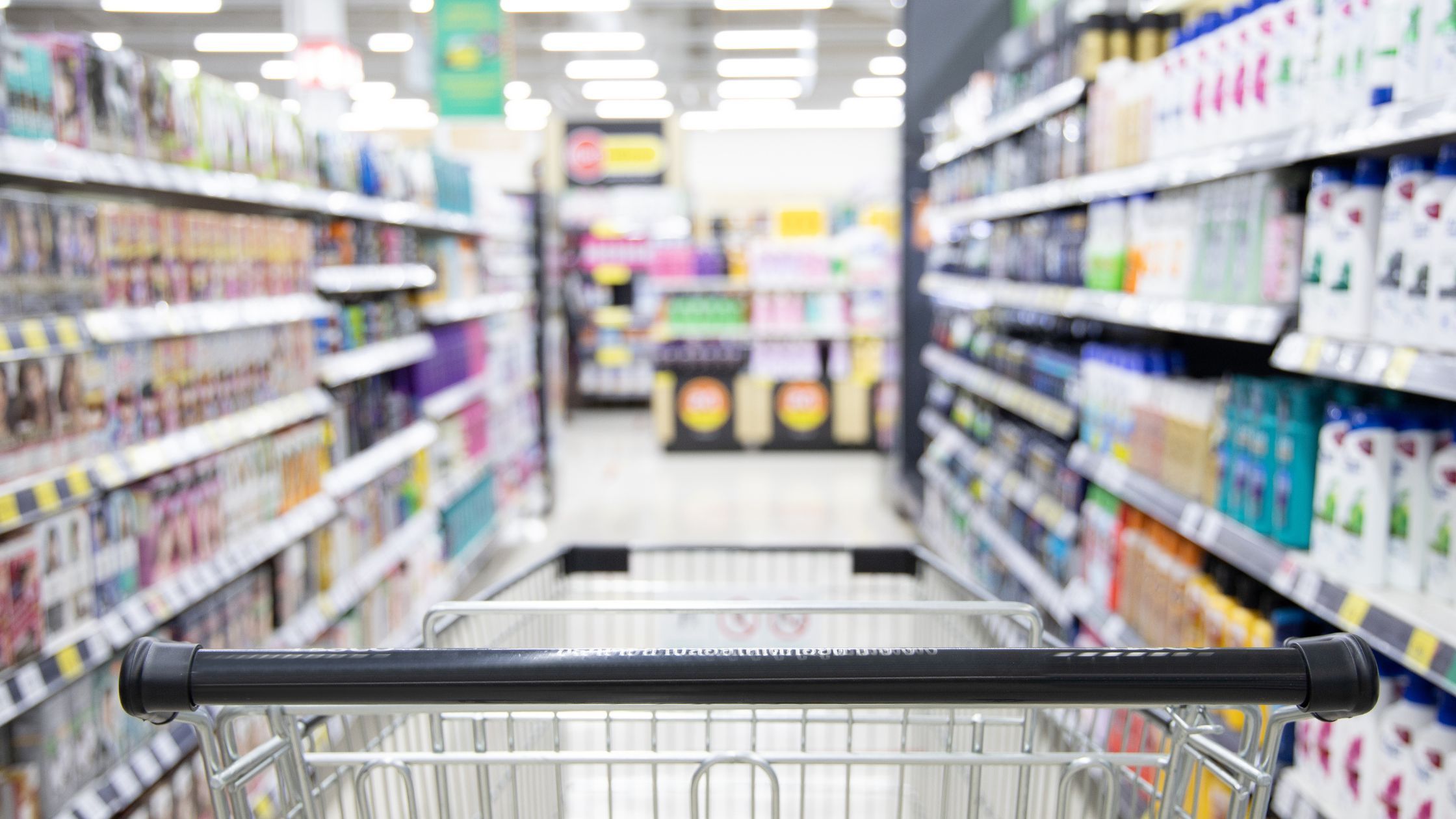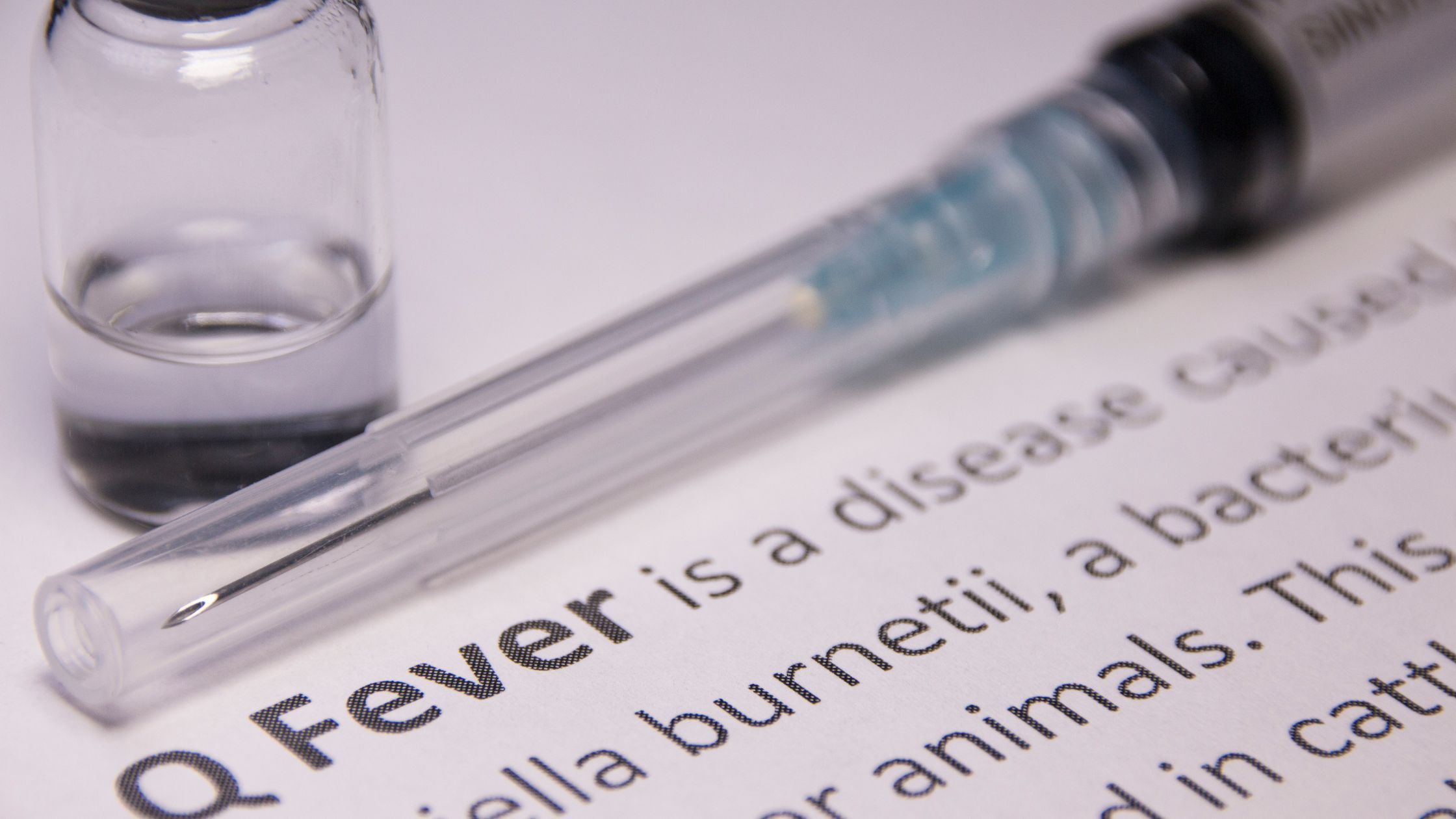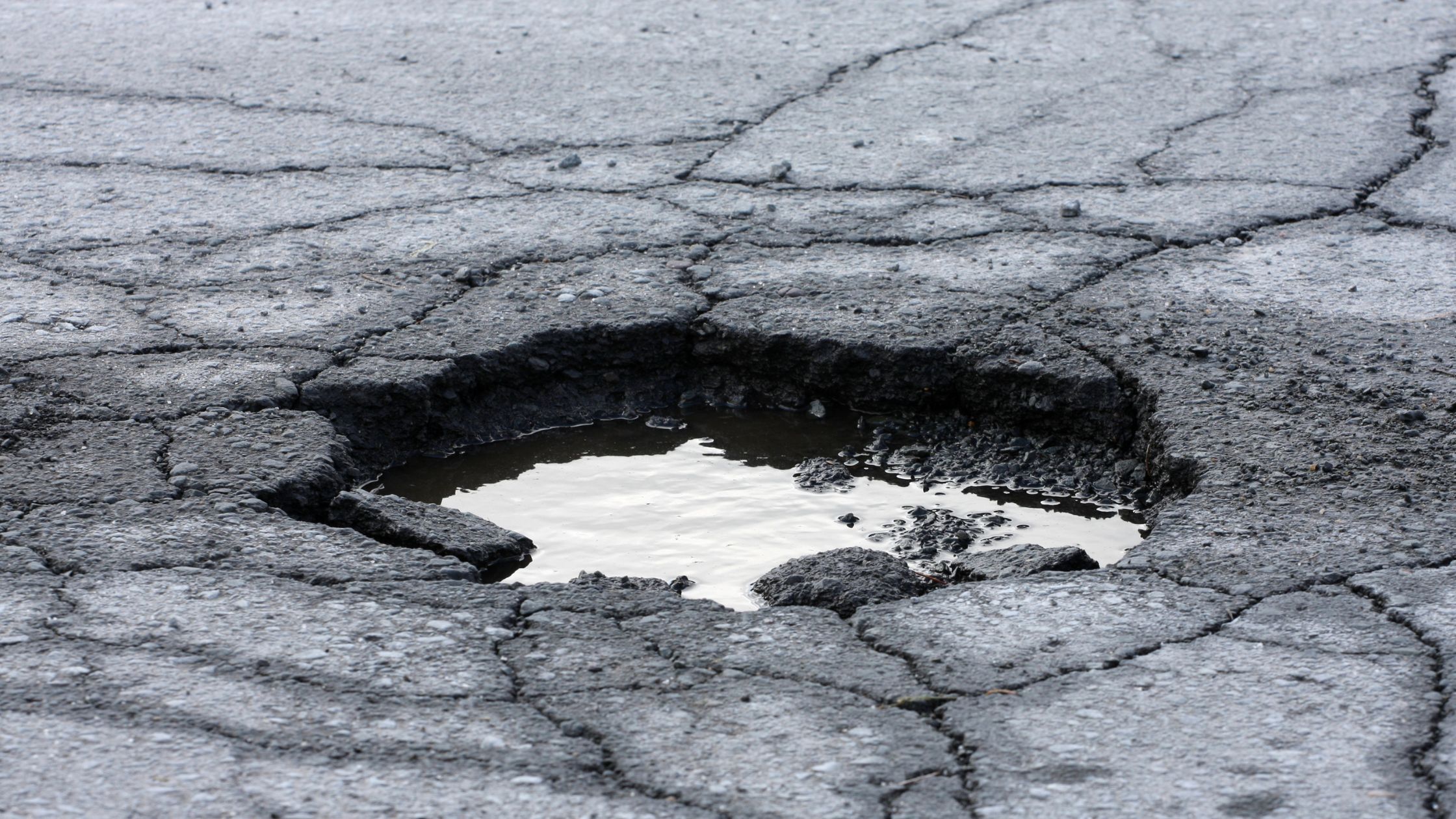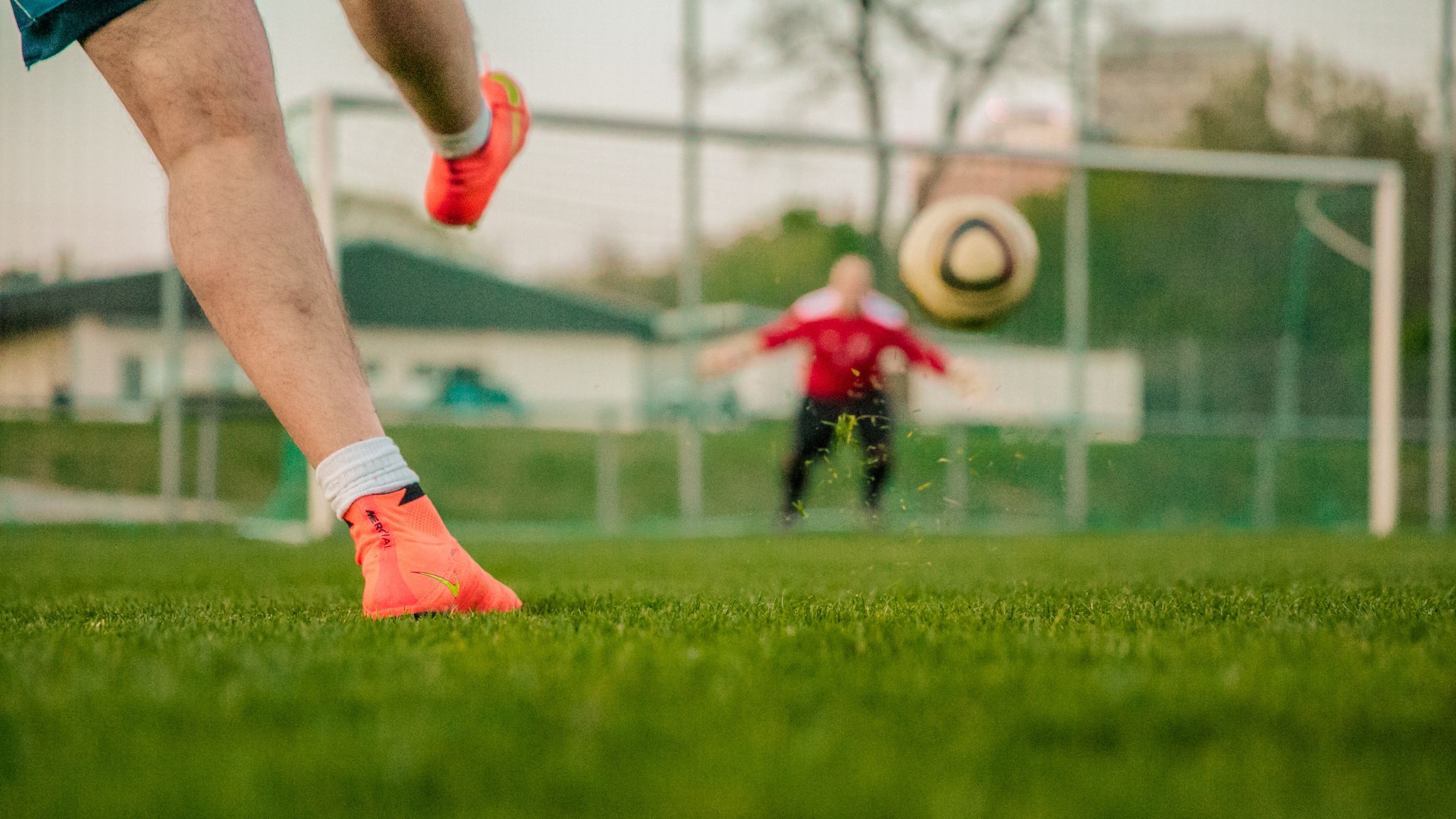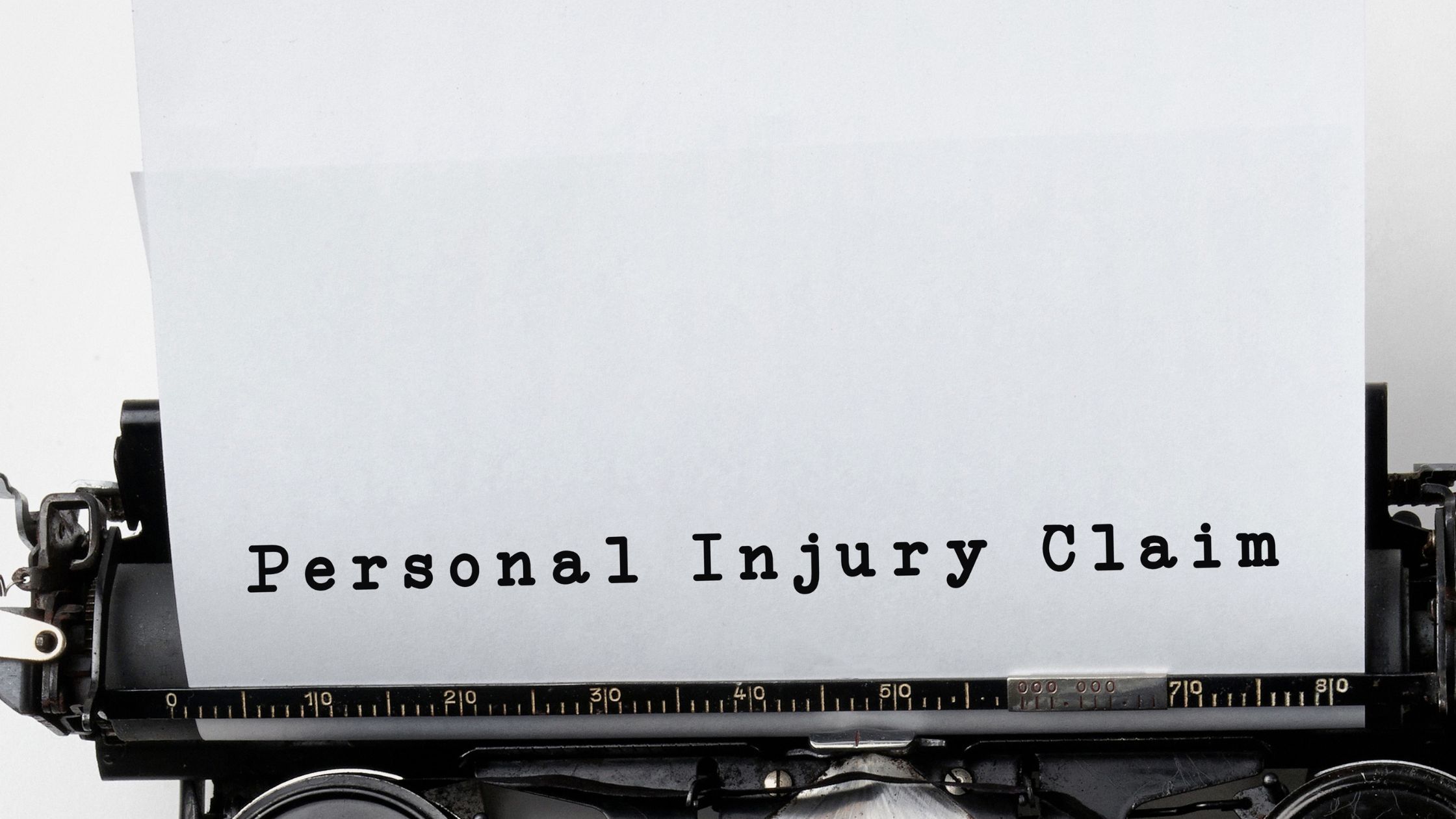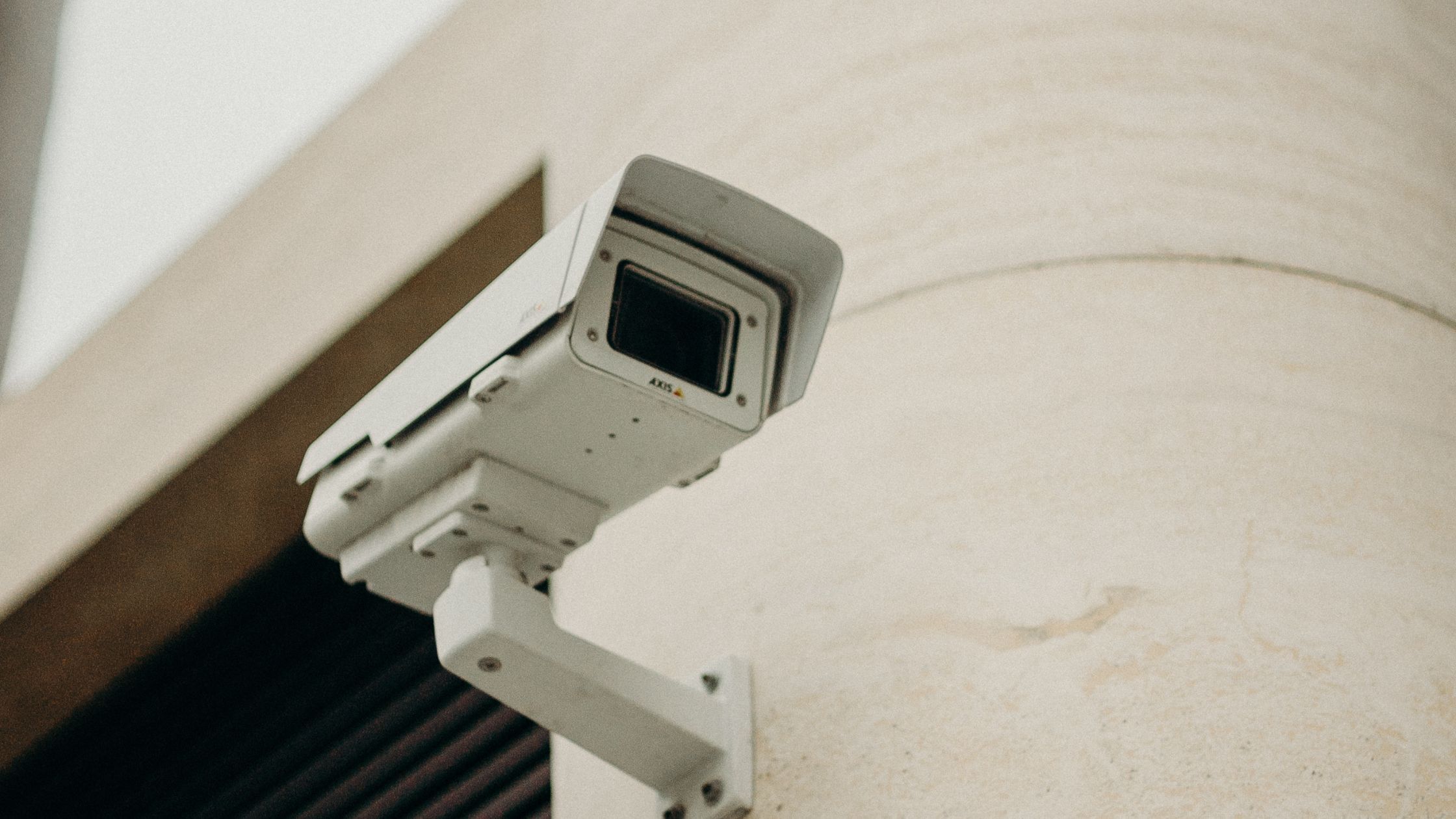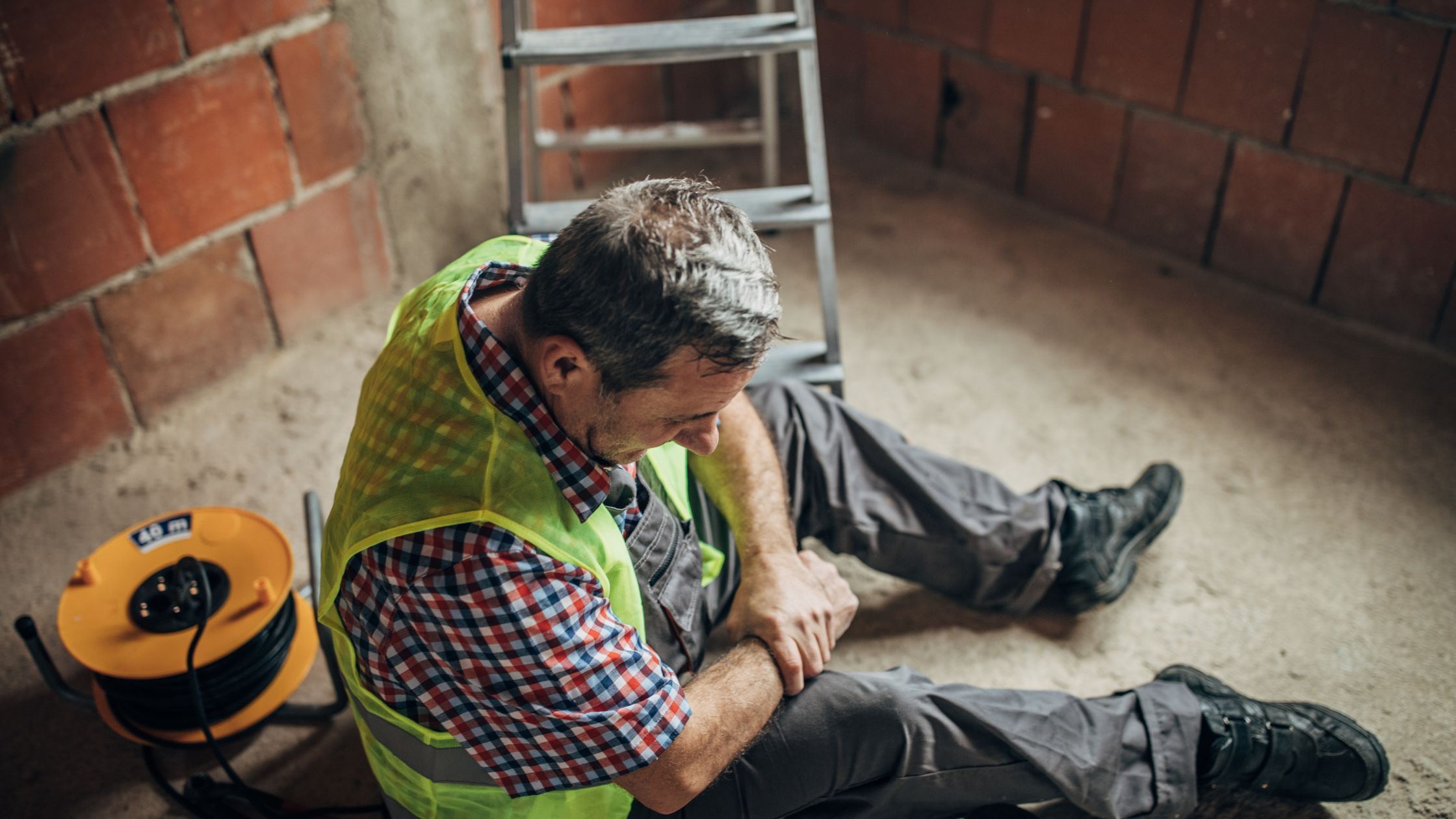It is interesting to see the rather zealous way in which supermarkets are currently policing members of the public entering their stores and taking seriously the COVID-19 crisis, policing social distancing, rules of entry into the store regarding numbers including the provision of hand gels etc. Over the years we have had numerous claims against all the leading supermarkets and stores including but not limited to Asda, J Sainsbury, Tesco, Marks & Spencer, W M Morrisons, Waitrose and The Cooperative. We have not only acted for members of the public who have been injured in the aforementioned stores but also employees of the stores who have been injured whilst at work.
The claims over the years have been extremely varied including the following: -
1.Shopping Trollies
You would like to think that when you pick up your shopping trolley and wheel it into the store or pick it up inside the store that it will provide a safe haven for your goods and for any children who sit in the front in the seat that was cleverly devised and designed for a young child. However, shopping trollies have proved to be hazardous for Clients of ours. On one occasion when a young child was put in the front of a trolley that proved to be defective, the baby ended up toppling out of the shopping trolley and fracturing their skull.
On another occasion, a shopping trolley gave way with a large amount of tinned dog food falling onto a Client’s foot and fracturing her foot in the process.
On both occasions the stores in question settled claims promptly through their insurers.
2.Discarded Food Stuffs
Unfortunately, this is a very common cause of accidents in supermarkets and we have acted for Clients who have fallen and suffered serious injuries on grapes, bananas and on one occasion a discarded piece of pizza that was extremely greasy. The injuries associated with falls of this nature invariably are fractured wrists as people put out their hands to break their fall, fractures to their collar bone as they hit the ground with great force and various injuries to knees and backs.
3.Defective Equipment in Stores
We have acted for people who have been injured when supermarket refrigerators have malfunctioned and leaked with the watery substance covering a clear floor and with no warning sign has led to people slipping and on one occasion an elderly Client fractured her femur in this way. There have been numerous other claims that we have conducted for Clients when the machinery in the store has malfunctioned and has led to falls and injuries.
4.Defective Shelving
We have acted for a number of Clients who have been injured when shelving has given way in a supermarket as they happen to be walking past that has led to them being struck by items that were stored on the shelves causing injury to our Clients.
5.The Law Governing Claims of this Nature
Section 2 of the Occupiers Liability Act 1957, sets out the law governing claims of this nature. As a visitor to the supermarket in question, the owners owe a duty of care to members of the public to ensure that they are kept safe whilst shopping. If they are in breach of this statute by failing to ensure that aisles are kept clear, that shelves are permanently fixed and trollies are regularly maintained and in good order then they will be in breach of the statute and liable to pay compensation to you.
6.General Tactics Adopted by Supermarkets/Insurers/Solicitors Appointed in Claims of this Nature
It is very rare for a supermarket in the first instance to readily admit liability for claims either put forward by members of the public or employees. They usually adopt a very bullish approach to the issue of liability and for example, where people have fallen on discarded items on the floor, they adopt the tactic of suggesting that they have a system of inspection in place which is very thorough. They invariably provide lengthy documentation to show that they have a system of various employees going around aisles either on an hourly or two hourly basis checking for spillages and hazards on the floor and they cannot be expected to pick up every discarded item or clear up every spillage as and when it occurs. This is their defence to claims of this nature.
In addition, they raise the issue of contributory negligence and suggest that members of the public entering the store should keep an eye out on the floor for hazards to ensure that they avoid the same and if they fail to do so then they are the authors of their own misfortune.
7.Strategy Adopted by Us
Insofar as the cleaning records and inspection records are concerned, we always insist on seeing original paperwork not copies. We always ask for CCTV which is obviously in all supermarkets now and ask for footage of the incident and proof of the inspections being carried out.
The successful outcome for claims of this nature is in the forensic detail and cutting away the layers of defence that the supermarkets and their insurers invariably put up. It is surprising how many times they agree to deal with claims when we continually prod for additional information and CCTV footage.
Insofar as contributory negligence is concerned, we always point out that it is not realistic for members of the public to walk around a busy supermarket with their eyes glued to the floor for hazards, especially if they have a supermarket trolley in front of them and some of the hazards will not be visible. For example, we conducted a claim for a Client a few years ago where some ice cream had melted on a clear floor and would obviously not be visible which led to the Client falling and suffering an injury to a knee that required surgery.
8.Claims that are Straight Forward
These include the defective shopping trollies where the facts speak for themselves and claims where shelving has become detached and has led to injuries to Clients in the manner described above.
9.Valuation of Claims
The valuation of claims of injured members of the public and employees of supermarkets will depend on medical evidence that is obtained in the first instance and details of out-of-pocket expenses. The legal phrase for compensation for pain and suffering is general damages. We employ a team of doctors who will examine injured Clients and provide a detailed medical report providing an outline of the circumstances of the accident, the injuries sustained, treatment received and will provide an opinion and prognosis in relation to any future problems and whether the injury is stable and will provide a timescale for recovery.
In instructing our team of doctors we obtain on most occasions the Clients General Practitioners notes and records and Hospital notes and records, x-rays, scans etc. if the injured party has attended Hospital. By doing that the Doctor who provides us with a report has a comprehensive medical history of the Client and the contemporaneous account provided to A&E staff on attending Hospital following the immediate admission after the accident.
The claim for out-of-pocket expenses is called special damages. This type of damages includes loss of earnings as a result of being absent from work because of the injuries sustained, travelling expenses for attending Hospital and medical appointments, incidental miscellaneous expenses that are inter related to the accident, subject matter of claim including but not limited to the cost of painkillers, private physiotherapy to assist with rehabilitation, the cost of care of a family member who has had to look after the injured party following the accident. We take the issue of valuing claims very seriously as we strive to obtain the maximum for injured parties and employ very experienced Doctors and we adopt a methodical approach to calculating loss of earnings and ensuring that Clients keep all relevant receipts etc. and invariably advise Clients from the outset to keep a pocket notebook diary and log their expenses as and when they are incurred and keep any relevant receipts. We then collate this information from them when it comes to entering into settlement negotiations.
10. Negotiating with Supermarkets/Insurers/Solicitors Appointed by Supermarkets
We have a very experienced team of negotiators headed by Nathan J Hennah and Ieuan Haywood who have years of experience of dealing with claims of this nature and a large support staff who assist. The value of claims varies, from £1,000 up to claims that we have dealt with that have been in excess of £25,000.
11.The Nonsense Abouts “Claims Culture” What irritates us is the suggestion by some of the press that there is a “claims culture” in this country. That is nonsense. What has happened in this country is that members of the public are now aware of their rights from a legal perspective should they be injured for example, in a supermarket. Supermarkets have enormous resources and a very large number of staff so have sufficient backing to ensure that shopping should be a safe experience and not one that is hazardous. If accidents do occur as a result of their negligence, then it is only right and correct that they are held to account.

